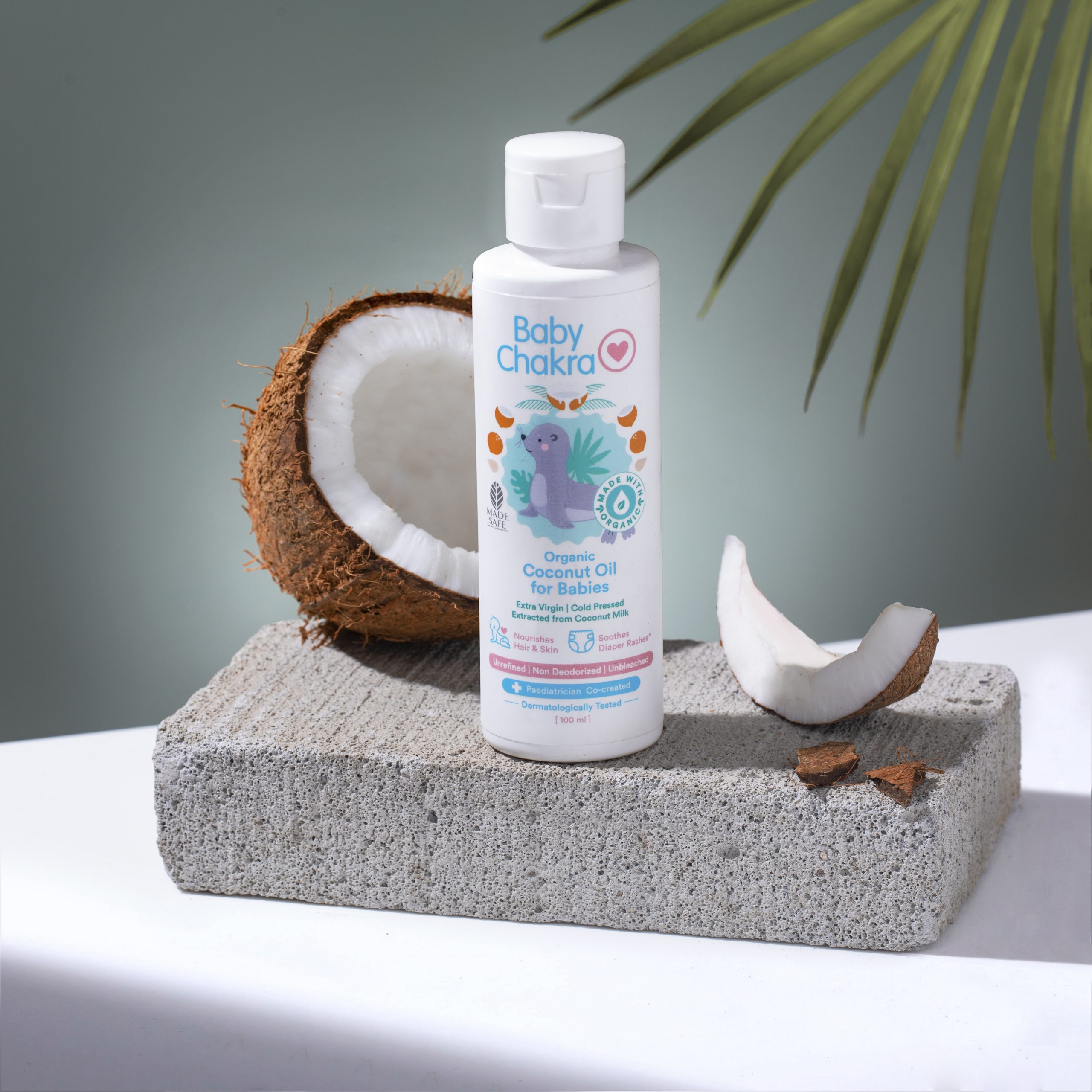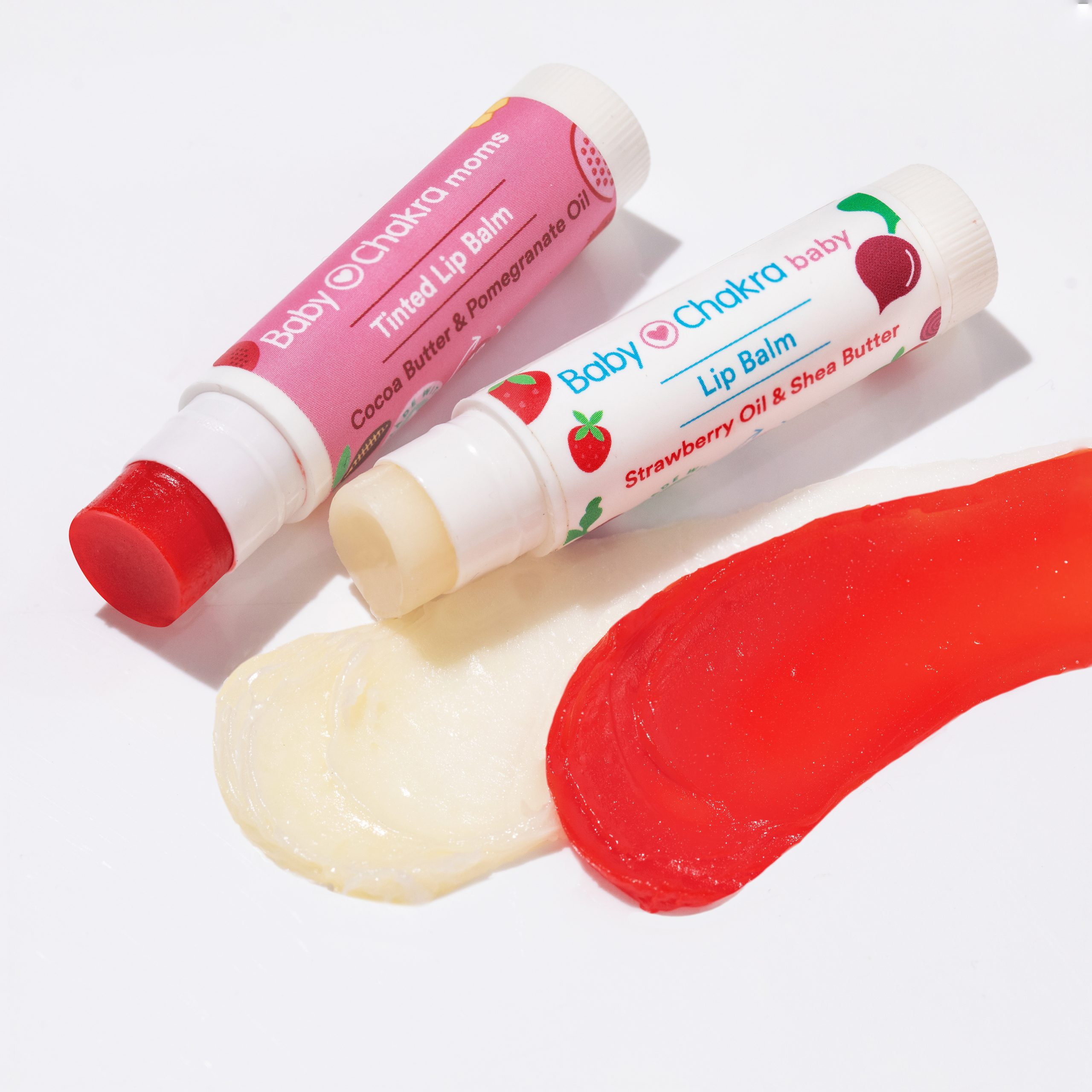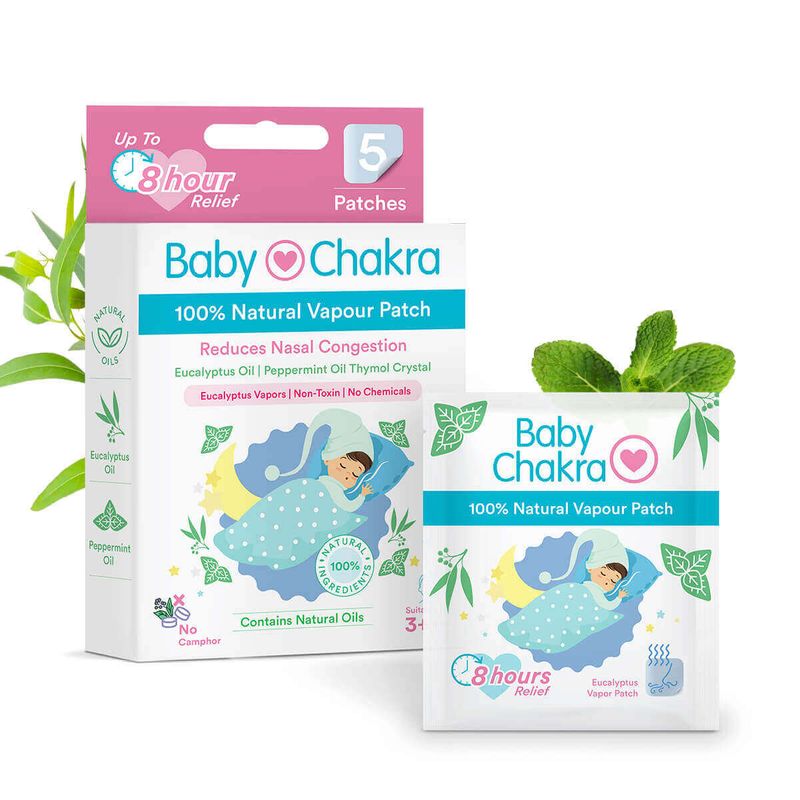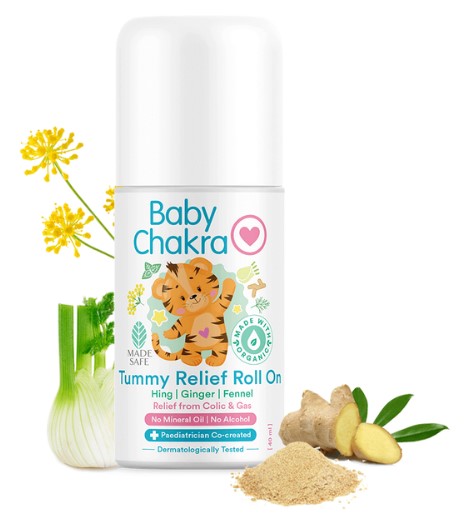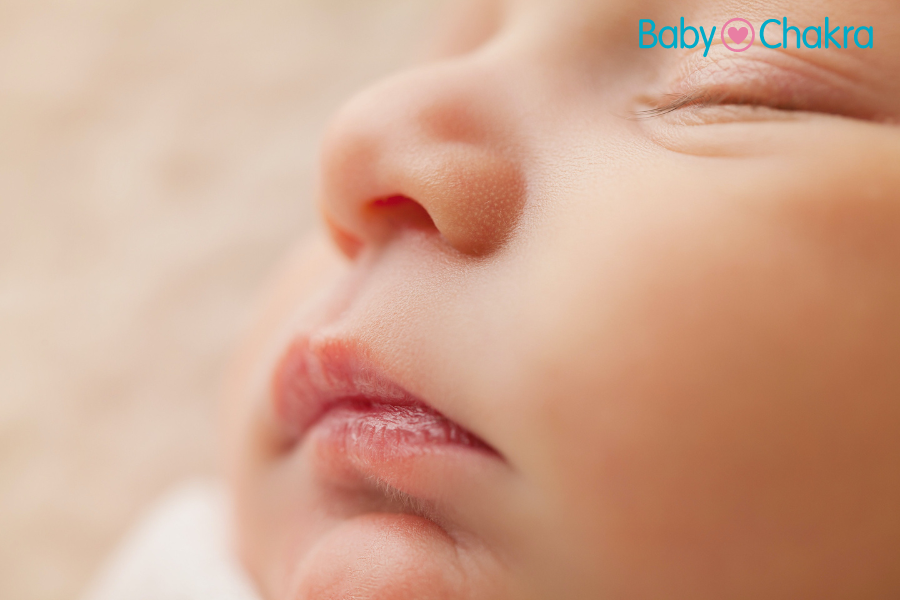
Everything You Need To Know About Newborn Lip Blisters And Their Treatment
13 Sep 2022 | 6 min Read
Sudeshna Chakravarti
Author | 799 Articles
Newborn lip blisters are common and usually resolve on their own. They are characterised by minute fluid-filled bumps on your baby’s lips and may not be visible when their lips are closed. While your baby’s lop blisters are not a cause for concern, they may be subtle signs of latching problems. Identifying the underlying reason behind your baby’s lip blisters might help your doctor treat them and prevent them from recurring.
Keep reading to know more about the causes of baby lip blisters, symptoms, and effective management techniques, including natural remedies.
How Do Newborn Lip Blisters Look Like?
Baby lip blisters look like small bubbles that generally appear on the cupid’s bow or as a big band stretched across their lips. According to Dr. Pooja Marathe, Nutrition and Lactation Expert, “These blisters are easy to spot and might look like a swelling on your baby’s upper lip, or a slight peeling of the skin on their lips. In any case, your baby will not be bothered by these.”
The blisters on your baby’s lips are usually filled with clear fluid, but in some rare cases, they may be filled with pus, and require immediate medical treatment.
Causes of Newborn Lip Blisters
Your baby’s lip blisters may be caused due to sucking while breastfeeding or due to cold sores.
Friction During Breastfeeding
Your newborn’s lips are delicate and soft. While breastfeeding, if your baby starts to suck vigorously, they may overwork their lip muscles. This may lead to friction and cause blisters. This condition is also known as friction blisters, suck blisters, or suck callouses.
These lip blisters may resolve in a day or two, and you don’t need to be alarmed because of them. However, if your baby’s lip blisters persist beyond a couple of weeks, then it could be a signal of a latching problem. This could occur due to a lip-tie or a tongue-tie, a condition that prevents your baby from raising their tongue, and restricts their lip movements, further resulting in long-lasting sucking blisters. Moreover, lip blisters are also common in babies born prematurely, as they need more time to learn how to latch properly.
Cold Sores
Cold sores are generally caused by a virus called herpes simplex and can lead to blisters on the lips. Unlike friction blisters, cold sores might be painful and filled with pus. While this condition occurs mostly in adults, babies below the age of eight weeks are also at risk of developing them due to their low immunity.
In some cases, an adult with the virus can infect the baby when they touch their lips or kiss them, or give them a pacifier after keeping it in their mouth.
How to Treat Your Baby’s Lip Blisters?
The treatment of your baby’s lip blisters may depend on the exact cause behind them. Usually, friction or suck blisters resolve on their own and do not require additional medical treatment. You must ensure that your little one latches properly to prevent lip blisters. Try the following tips to establish a good latch.
- While latching, tickle your baby’s lip with your nipple to encourage them to open their mouth widely. This could take a few tries, but be patient as your munchkin is still learning.
- After your baby opens their mouth wide open and their chin is lowered, ease your breast into their mouth, while aiming your nipple toward their nose.
- Try to get as much of the lower part of your areola into your baby’s mouth to ensure a secure latch.
With a deep latch, your baby’s tongue can do all the work of sucking milk, and this will help prevent the formation of additional blisters on their lips.
If your baby is bottle-fed, then you can address this issue by:
- Reconsidering your feeding position, and making sure that your baby is able to take the bottle nipple fully into their mouth, and aren’t straining to hold onto it with their lips.
- Try paced feedings (slow feeding that mimics breastfeeding) to allow your baby a comfortable speed for drinking milk.
- Check that the nipple size of the bottle is appropriate for your baby’s age and development.
Tips to Encourage Healing of the Lip Blisters
Here are a few things that you can try to help heal your little one’s lip blisters.
- Breast milk: Your breast milk contains a chock-full of ingredients, including essential vitamins and fats primed to heal and nurture. For instance, it contains palmitic acid, a super-moisturiser, and immunoglobulin A, a blood protein that helps fight off infections. So dab a few drops of breast milk on your baby’s lips to keep them moisturised and heal lip blisters.
- Natural oils: Rub a few drops of plant-derived oils like coconut oil into your baby’s lips to heal the lip blisters. Coconut oil is packed with antioxidants that help keep your munchkin’s lips moisturised and treat infections and blisters.
- Shea butter: This nourishing ingredient is packed with antioxidant and anti-bacterial properties that help fight off infections and aid in wound healing. Use a shea butter-infused lip balm to hydrate your munchkin’s lips and prevent lip blisters.
Conclusion
The two major causes of newborn lip blisters are cold sores or friction caused due to the sucking motion during breastfeeding. While lip blisters are common and not a cause of concern but if the symptoms persist and is accompanied by fever, then do consult your child’s paediatrician as it could be an indication of an infection. Apart from that, you can try the tips we discussed above to prevent lip blisters in your little one in the future.
Check Out Other Recommended Products:
Moisturising Creamy Bathing Bar
Also read:
How to take care of your baby’s skin: Here’s exactly how you should look after your little one’s sensitive skin.
Fun ways to bond with baby over champi: Use these fun tricks to bond with your munchkin over a nourishing massage.
Cover Image Credit: Pexels.com
A


Suggestions offered by doctors on BabyChakra are of advisory nature i.e., for educational and informational purposes only. Content posted on, created for, or compiled by BabyChakra is not intended or designed to replace your doctor's independent judgment about any symptom, condition, or the appropriateness or risks of a procedure or treatment for a given person.

